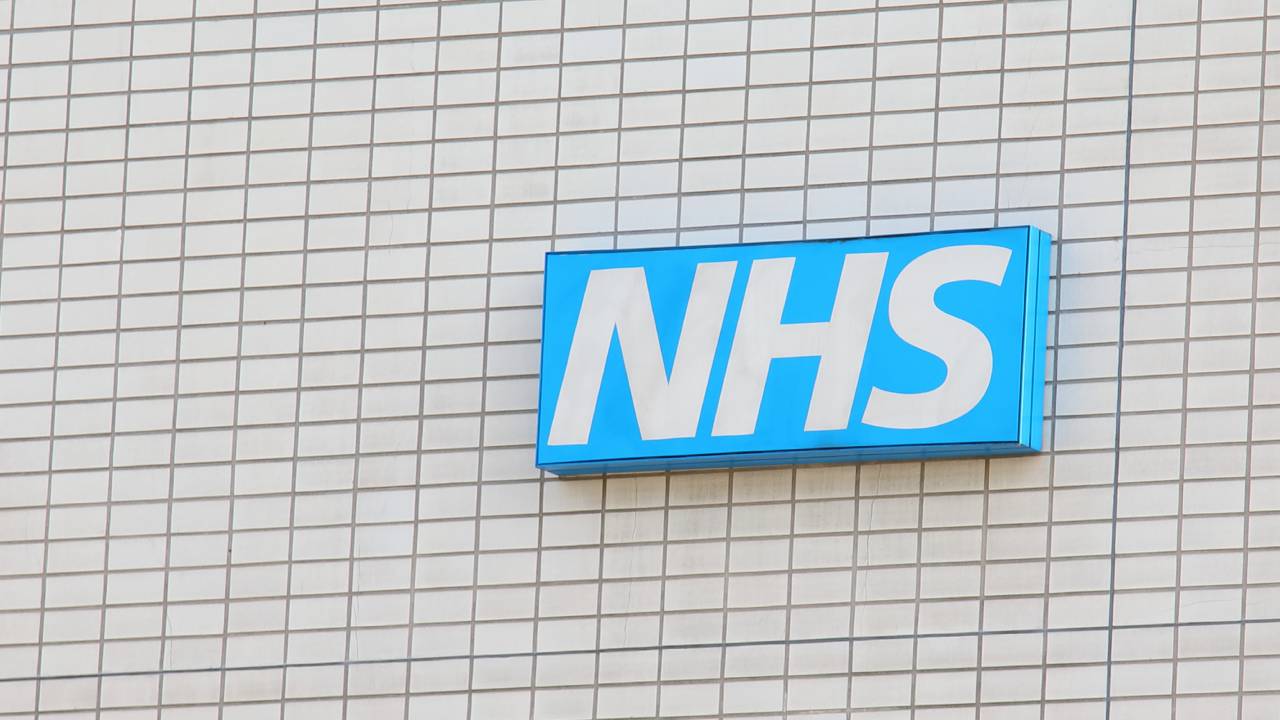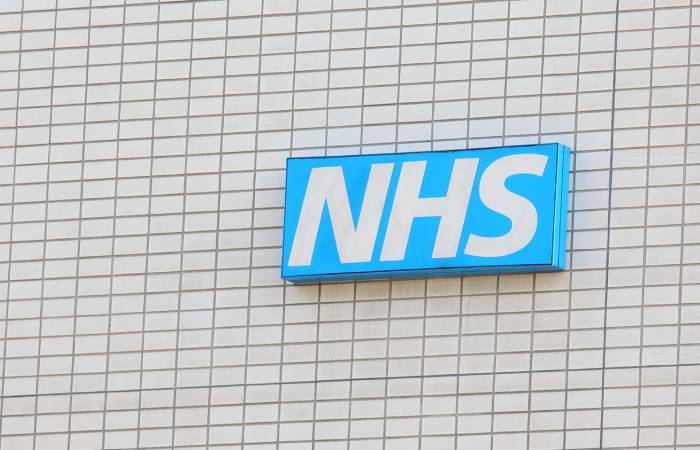In Analysis
Follow this topic
Bookmark
Record learning outcomes
Leela Barham speculates on when the economic review on community pharmacy England could be published.
Just in case there is anyone in the world of community pharmacy in England that doesn’t know about it, NHS England (NHSE) commissioned an economic analysis of community pharmacy. It’s also known as the Independent Economic Review. It’s supposed to, in the words of CPE, “inform thinking about pharmacy funding and the cost of delivering the NHS service.”
It’s work that was tendered for, with Frontier Economics winning a contract worth just under £470,000. IQVIA is involved too.
And where is it now? Many are asking this question, not least health select committee chair Layla Moran MP, who wrote yesterday to NHS England asking them to explain when the findings will be made public.
Sector interest
There are good reasons why community pharmacy, not just relying on CPE reviewing it for them, want to see the report.
Many will want to know how much is needed to run a sustainable network and just how far away the current funding is, and more importantly, future funding will be. It’s not just about gauging the success – or otherwise – of CPE’s negotiation skills, but about informing future investment decisions. Or in the worst case, exit planning.
“Businesses need information to plan and no information means planning for contraction and decline – not growth”, said Sean Riddell, Chair of HubRX, in a LinkedIn post bemoaning the lack of publication of the economic review.
The IPA issued a call to action on 25 February and is asking pharmacy owners to demonstrate outside of NHSE offices. The NPA has also called for publication of the economic review. That adds to the pressure NHSE is already under with reports that some in the sector have been sending them Freedom of Information requests.
Less political maybe, but many busy community pharmacists put in their own time to fill in surveys as part of the research; there’s no reason that the widely accepted principle of sharing the results of research with research participants doesn’t apply here.
Public interest
CPE says that around 1.6 million people visit England’s community pharmacies every day. And the close to £1/2 million spent on the economic review is from general taxation. Not all of them will read an economic review, but shouldn’t they be able to, if they wanted to?
Independent?
The government’s response to the first special report of session 2024/25 on pharmacy, published on 10 January, might have perhaps inadvertently given the real reason the economic review hasn’t yet been published. It said, “NHS England are currently
undertaking an economic analysis of the sector.” If it’s seen internally as their review and it doesn’t help them – nor the Department of Health and Social Care - in the negotiations, could that be why it’s not been published? Surely not, it must just be a typo.
Not finished? The latest from CPE, in a press statement issued on 18 February, said “As agreed with NHS England, Community Pharmacy England considered draft findings of the review at their Committee meeting in February, as part of the CPCF negotiations. We submitted further comments to the report’s authors last week and the Committee will consider the final report once completed, as part of this ongoing negotiation process.”
IPA have suggested that the review has concluded. So has it or hasn’t it?
It's hard to imagine, since the work started in April 2024, according to CPE, that the report is not close to completion. CPE said that the final outputs were expected “in early 2025.” So did Frontier Economics. That’ll be roughly now then. Unless it’s the government’s sort of early 2025, which could mean anyone else’s late 2025.
In fairness, the economic review could be going through the final checks – no one wants to spot a decimal point in the wrong place after it’s published after all – and getting a pretty front page. But whatever it says now on the big ticket items - like just what is the full economic costs of delivering NHS pharmaceutical services and how much of the network will have the cash flow it needs to keep going in the future - is more than likely to stay the same.
Put your bets on these numbers being big. The IPA has put out their estimates of the shortfall in funding and they are closer to £2billion than £1billion now. Reports of pharmacists dispending at a loss were heard in Parliament as recently as January.
The potential to exempt community pharmacies from planned increases in the national minimum wage isn’t likely to be enough to plug funding gaps either.
Publication just before recess?
CPE’s statement also included a statement from NHSE. They said: “NHS England is committed to publishing this important report, but we are currently unable to give any further details while consultations are ongoing with Community Pharmacy England over 2024/25 and 2025/26 funding arrangements. All parties to the consultation have access to the details of the work to date.”
That sounds like the economic review won’t be published until the consultations conclude. If that proves to be the case then it could mean that the review won’t come out until July, the latest month suggested for concluding the 2024/25 and 2025/26 negotiations according to P3’s reporting on CPE meeting papers.
That would mean it could come out just before the House of Commons goes on summer recess on 22 July.
That could be convenient, at least for government. Some people will still read it then – like me – but many won’t because they’ll be more concerned with the outcome of the negotiations. No amount of critiquing the review by then will make a difference to those. A strategic leak could help prevent this from happening?
The realist in me (or cynic depending upon your perception) questions whether, if the economic review did come out now, could it really be the make or break for the deal?
It’s hard to imagine that the review will be the difference that will convince government – especially HMT – to be generous in the funding settlement. It is likely to be strong lobbying material – if it wasn’t, it’d be out now - at best it might make the funding settlement more tolerable.


